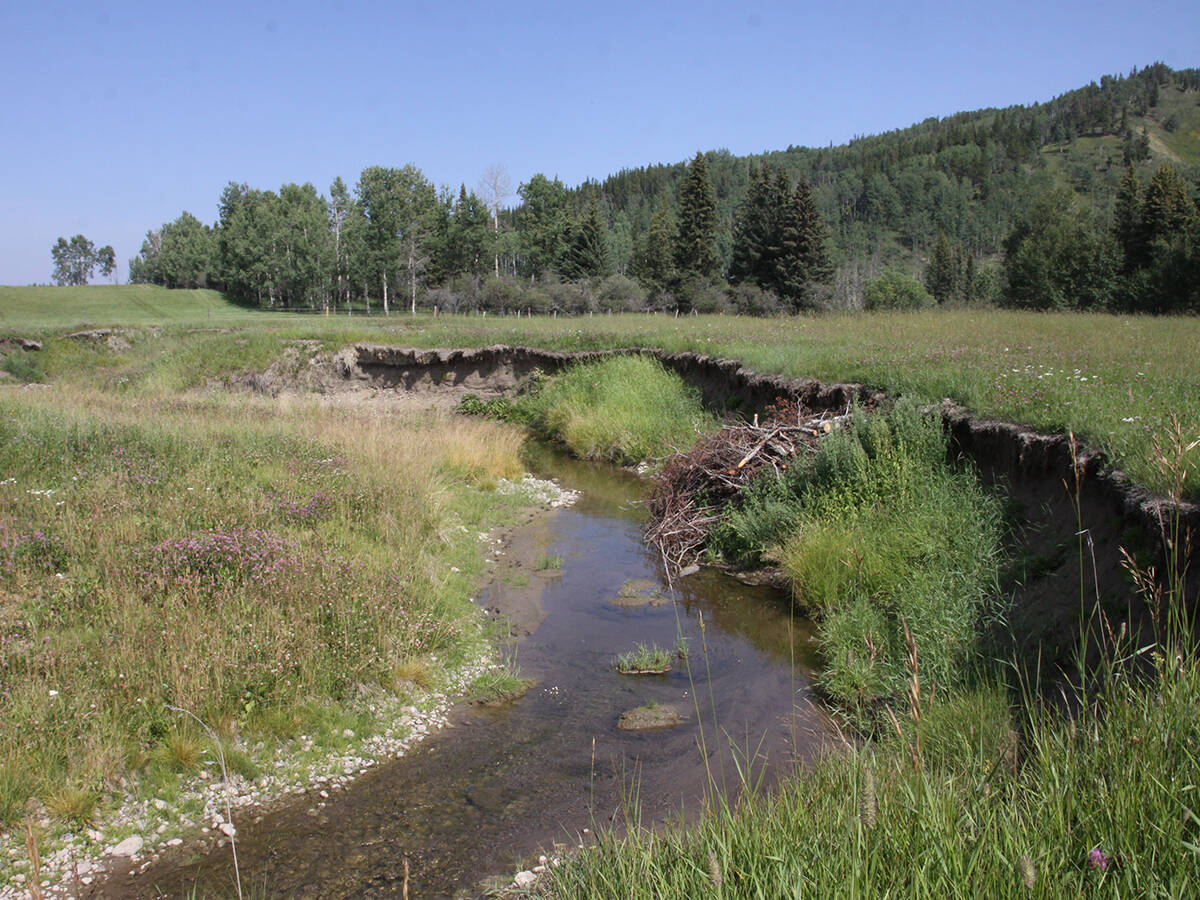Joe White Maltings | Cargill will expand its dominant position in malting barley with addition of seven Australian plants
Another piece of Viterra’s former global grain empire has been auctioned off.
Officials from Cargill announced earlier this week that they have reached a deal with Switzerland-based GlencoreXstrata to purchase Joe White Maltings, the largest malting company in Australia.
Joe White Maltings, which consists of seven malting plants in Australia, was previously owned by Viterra.
Glencore acquired the malting plants as part of a $6 billion takeover of Viterra in December 2012.
Cargill’s takeover of Joe White is subject to regulatory approvals, but officials with Cargill and Glencore said they expect the transaction to be completed before the end of 2013.
Read Also

Alberta eases water access for riparian restoration
Alberta government removes requirement for temporary diversion licence to water plants up to 100 cubic metres per day for smaller riparian restoration projects
Terms of the deal, including the purchase price, were not disclosed.
Cargill is already one of the largest maltsters in the world, but it does not have any malting assets in Australia.
The acquisition of Joe White would give Cargill a dominant foothold in one of the world’s top malting barley production areas.
Australia is a major supplier of barley and finished malt to Asia’s rapidly expanding brewing industry.
“The addition of Joe White Maltings will complete Cargill’s global footprint in all key production areas and enable us to better serve our global and leading regional brewers in the region,” said Doug Eden, president of Cargill’s global malting operations.
Cargill already has malting plants in Belgium, France, Spain, Holland, Germany, the United States, Argentina and Canada.
In Canada, it owns a majority interest in Prairie Malt, a 220,000 tonne per year facility at Biggar, Sask.
Glencore owns a 42 percent share in the Biggar facility.
Officials with Cargill said the company is continuing to explore opportunities in the malting industry.
“Cargill Malt continues to be committed to the malt industry and will continue to explore opportunities to further grow our footprint,” said Cargill Canada spokesperson Brigitte Burgoyne.
“We already have controlling interest in PML and we continue to be committed to having a competitive and sustainable business in Sask-atchewan.”
Joe White is a strong strategic fit for Cargill’s operations in Australia and the global malting industry, added Phillippa Purser, managing director of Cargill Australia.
Doug Robertson, a farmer from Carstairs, Alta., and president of the Western Barley Growers Association, said his organization has always been in favour of allowing the market to work unfettered.
He said Cargill’s most recent acquisition is unlikely to have a major impact on Canadian barley producers.
“Canadian farmers compete with Australian farmers in an open market for malt and malt barley, and this change may or may not affect the Australian farmer, but I doubt it will have much impact on Canadian farmers,” Robertson said.
“Cargill is a reputable company worldwide, and well known for their ability to operate stable and prosperous businesses, so this acquisition probably means that they see a good future in that market.”

















